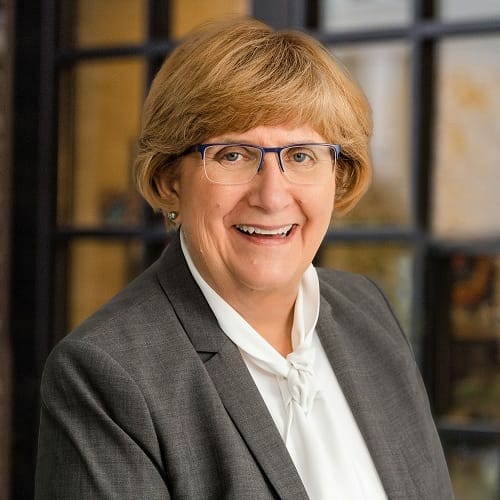
At Aegis Living, we care for many residents with dementia, including those with Alzheimer’s disease. When referring to a person with memory loss, the terms “dementia” and “Alzheimer’s” are often used interchangeably. So, is there a difference? There is, let us help clarify.
Dementia is a catchall term that encompasses several disorders that describe a decline in cognitive function that may result in chronic memory loss, impaired reasoning, inability to perform daily activities, impact on communication skills, or changes in personality. Alzheimer’s is the most common form of dementia.
Defining Dementia
Dementia is an umbrella term that describes a group of symptoms associated with memory loss. There are many different types of dementia. Alzheimer’s is the most common type of dementia, and the second most common is vascular dementia caused by a blockage or lack of blood flow to the brain. Other types include Lewy body dementia, frontotemporal dementia, Parkinson’s dementia, Huntington’s disease, Creutzfeldt-Jakob disease, mixed dementia, and alcohol induced dementia. Certain medical conditions such as dehydration, hearing loss and urinary tract infections (UTI), can produce dementia-like symptoms.
Dementia is not considered to be a normal part of the aging process. It’s caused by damage to a person’s brain cells and can affect their personality, feelings, behaviors, and thought process. As a person’s dementia progresses, it can impact their ability to function independently and safely. According to the World Health Organization, recent estimates state that 47.5 million people are currently living with dementia, and this number is projected to grow significantly as baby boomers continue to age.
Alzheimer’s Definition
Physicians have estimated that Alzheimer’s disease accounts for approximately 60-80% of all dementia cases. Alzheimer’s disease irreversibly destroys one’s memory and can take away the ability to perform the simplest of tasks over time.
Researchers are still determining what exactly causes Alzheimer’s. Most research focuses on two changes in the brain: plaque buildup between nerve cells, and tangles of built-up twisted fibers. Most brains form plaques and tangles with age, but in Alzheimer’s disease, these changes happen in a particular order that affects memory first. The greatest known risk for getting Alzheimer’s is advanced age. The majority of those diagnosed with Alzheimer’s disease are 65years and older, but there are over 200,000 cases of early-onset Alzheimer’s disease in a younger population. The hardest part of learning of an Alzheimer’s diagnosis is that there is no cure.
Symptoms of dementia vs. Alzheimer’s
Our brains change with age. You may hear an elderly family member complain about a “senior moment” when they are unable to recall a recent event or can’t remember why they walked into a room. We all notice some slowness in our thinking with age, but a common symptom of Alzheimer’s is being unable to recall newly learned information and with time, experiencing serious memory loss and confusion. As symptoms progress, memory decline can include disorientation, mood swings, behavioral changes, unfounded suspicions, difficulty with word fining, swallowing, stability, and changes in personality. Every person is unique, so their symptoms can present in various ways. Symptoms of decline can also depend on the type of dementia that a person is diagnosed with.
Treatment Plans for Dementia and Alzheimer’s
Treatment plans will vary depending on the type of dementia that your loved one is diagnosed with. For those with Alzheimer’s, the U.S. Food and Drug Administration (FDA) has approved two types of medications: cholinesterase inhibitors and memantine. These drugs help to delay and lessen symptoms. It is always preferred to institute redirection techniques or environmental changes before exploring medication treatments. For other types of dementia, few drugs help with the progression of their symptoms. Most often, physicians look at strategies to improve a person’s comfort and quality of life.
Scientists hope to one day find a cure. There are currently numerous new treatments that are being researched and in various stages of clinical trials. Two informative resources for the latest, up-to-date treatment research and news are the Alzheimer’s Association or the Dementia Society of America.
Next Steps
If you suspect that your family member is living with memory loss or dementia-like symptoms, it’s essential to schedule an appointment with their physician as soon as possible. Delaying this physician evaluation can place your family member in a vulnerable situation until the situation is properly addressed. Don’t wait. Early detection can help them get the optimal care needed quickly to detect and treat any behaviors and symptoms, as well as rule out any medical reasons or issues for their symptoms.
Aegis Living provides memory care options if your loved one has memory loss and can no longer live at home safely. Aegis provides expertise in managing and caring for residents with dementia and in addition provides support for their families. Tour a community near you and see how Aegis Living can make an impact on your loved one’s quality of life.
